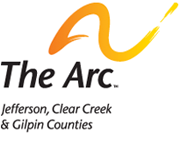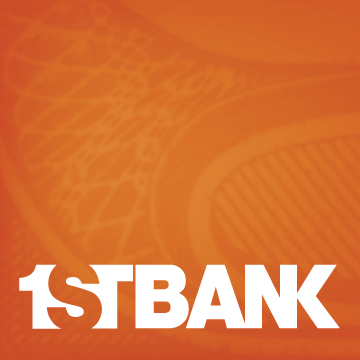Higher Education
Higher Education
This section includes information on making higher education attainable for students with disabilities after graduation:
It is possible to be successful in a college or a vocational school provided the student understands their disability and learning style and what kind of support the school will offer. This means the student must know their own strengths and weaknesses, accomplishments and failures, career goals and personal values. In general, post-secondary schools will provide reasonable accommodations but will not modify course content or expectations for students with disabilities. This includes expectations of student behavior.
Please take a moment and watch this video from Think College: https://www.youtube.com/watch?v=U6M8FpIFCnw
Local:
When it comes to higher education, local resources are at a state level or national level. Higher education institutions in Jefferson County are a part of the Colorado higher education system.
There are two community colleges located within Jefferson County:
State:
In the Colorado higher education system, there are over 470 institutions educating approximately 400,000 students. These include several types of institutions including publicly supported (made up of research universities, four-year state colleges, community colleges and local district colleges), private accredited (which includes for-profit, non-profit, and seminary), area technical, and private occupational institutions
- Colorado Community College System
Provides information about the 13 state community colleges with 34 campus locations across Colorado
303-620-4000 - Colorado Department of Higher Education
Provides information about all colleges and universities in Colorado including private, bible/Seminary, technical and vocational (aka occupational)
303-866-2723 - Colorado Options: A Handbook of Post-Secondary Education Services for Students with Disabilities is a Toolkit for students and parents to plan and prepare for higher education
National:
- Think College
A comprehensive website whose focus is postsecondary education for students with intellectual disability, person centered planning, employment, transition, universal design, and inclusive education - For a comprehensive presentation on many of the key issues families need information about, use the Think College Learn online learning module “For Families: Options and Planning for College”
- National Secondary Transition Technology Assistant Center
The National Center on Secondary Education and Transition (NCSET) coordinates national resources, offers technical assistance, and disseminates information related to secondary education and transition for youth with disabilities in order to create opportunities for youth to achieve successful futures. - Resources for Section 504
Young people with disabilities now have opportunities to attend post-secondary education institutions. They are allowed to be students studying a wide range of subjects, without limitation or discrimination. Colleges and universities, like elementary and secondary schools, need to legally follow the mandates of Section 504. - Association on Higher Education and Disability

